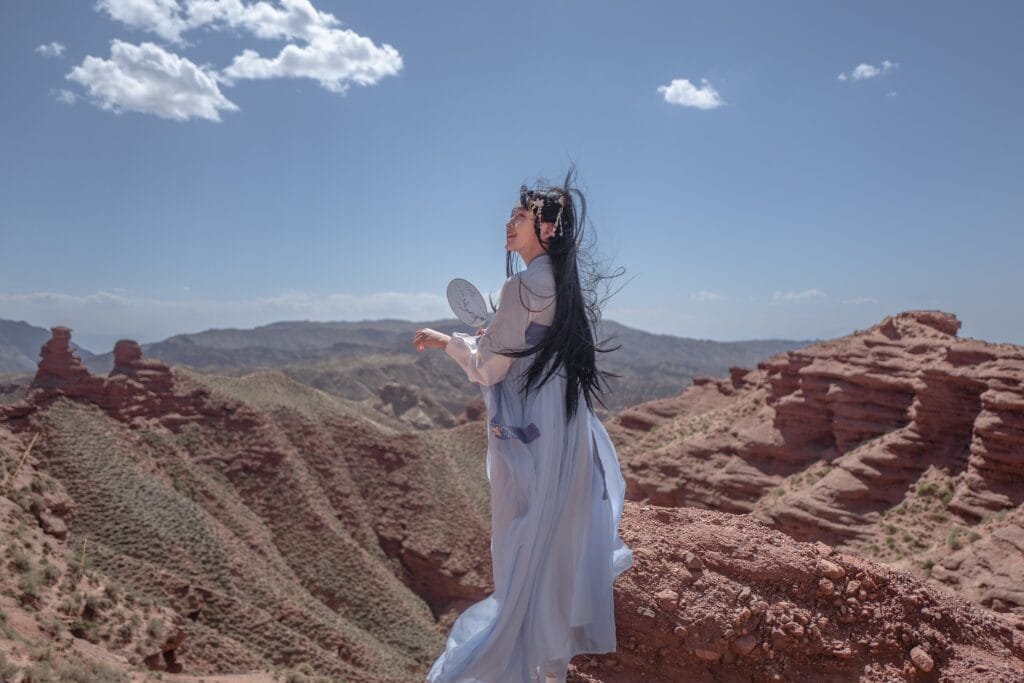
In China, tea drinking has a long history. The original tea drinking culture did not originate from the common people, but was advocated and developed by a group of senior literati. As a drink, tea has been highly praised by literati as early as the Han Dynasty and has become an important part of their lives and creations.
1. Early records of tea drinking
The official record of tea drinking can be traced back to 59 BC. The Han Dynasty writer Wang Bao told a story about tea drinking in his work “The Contract of the Child Servant”. In the story, Wang Ziyuan stayed at a friend’s house in Chengdu. The friend’s widow Yang warmly entertained him and asked her child servant to prepare tea for Wang Ziyuan. This contract not only stipulates the duties of the child servant, but also shows the attention and importance that the literati paid to tea drinking at that time.
2. The fashion of literati drinking tea
Many famous literati in the Han Dynasty, such as Sima Xiangru and Yang Xiong, had a special liking for tea drinking. Sima Xiangru’s love story mentioned that the small shop he and his wife jointly operated may also involve the sale of tea. Although the story does not explicitly state it, it can be inferred that tea occupies a place in their lives. Yang Xiong wrote in dialect to express his love for tea.
Drinking tea gradually became a fashion in the Han Dynasty and was even regarded as an important etiquette in the court. After the death of Emperor Cheng of Han, the story of the concubine Zhao Feiyan serving tea in a dream reflects the importance of tea-serving etiquette at that time, and those who behaved improperly were not even allowed to drink tea.
3. The combination of tea and the spirit of literati
Zhuge Liang, a famous politician and military strategist in the Three Kingdoms period, promoted tea planting. To this day, people in Yunnan still call ancient tea trees “Kongming trees”. This shows that tea is not only a drink, but also a symbol of the spirit of literati. Zhang Zai, a poet of the Jin Dynasty, mentioned in “Chengdu Tower Poems” that he missed Yang Xiong and Sima Xiangru when drinking tea, showing the deep connection between drinking tea and literati.
Literati emphasize drinking tea, perhaps because tea can inspire inspiration, immerse them in the beauty of nature, or help them think philosophically. Tea is closely connected with the spiritual world of literati, as if tea itself contains wisdom. According to the Buddhist view, all things have wisdom, and tea, as a representative of plants, seems to be able to communicate with nature better.
4. The inheritance of tea culture
As time goes by, the fashion of drinking tea has gradually spread to a wider social level and has become an important part of Chinese culture. As part of tea culture, tea pets reflect the love and pursuit of tea by literati. Tea pets are not only a foil for tea sets, but also a spiritual sustenance for literati when drinking tea, symbolizing auspiciousness and beauty.
In short, the origin and development of tea drinking culture are deeply rooted in the Chinese literati tradition. Tea is not only a drink, but also a symbol of the literati spirit, carrying rich cultural connotations and historical heritage. With the continuous development of tea culture, tea has become more and more important in Chinese society, becoming a bridge connecting history and modernity, tradition and innovation.